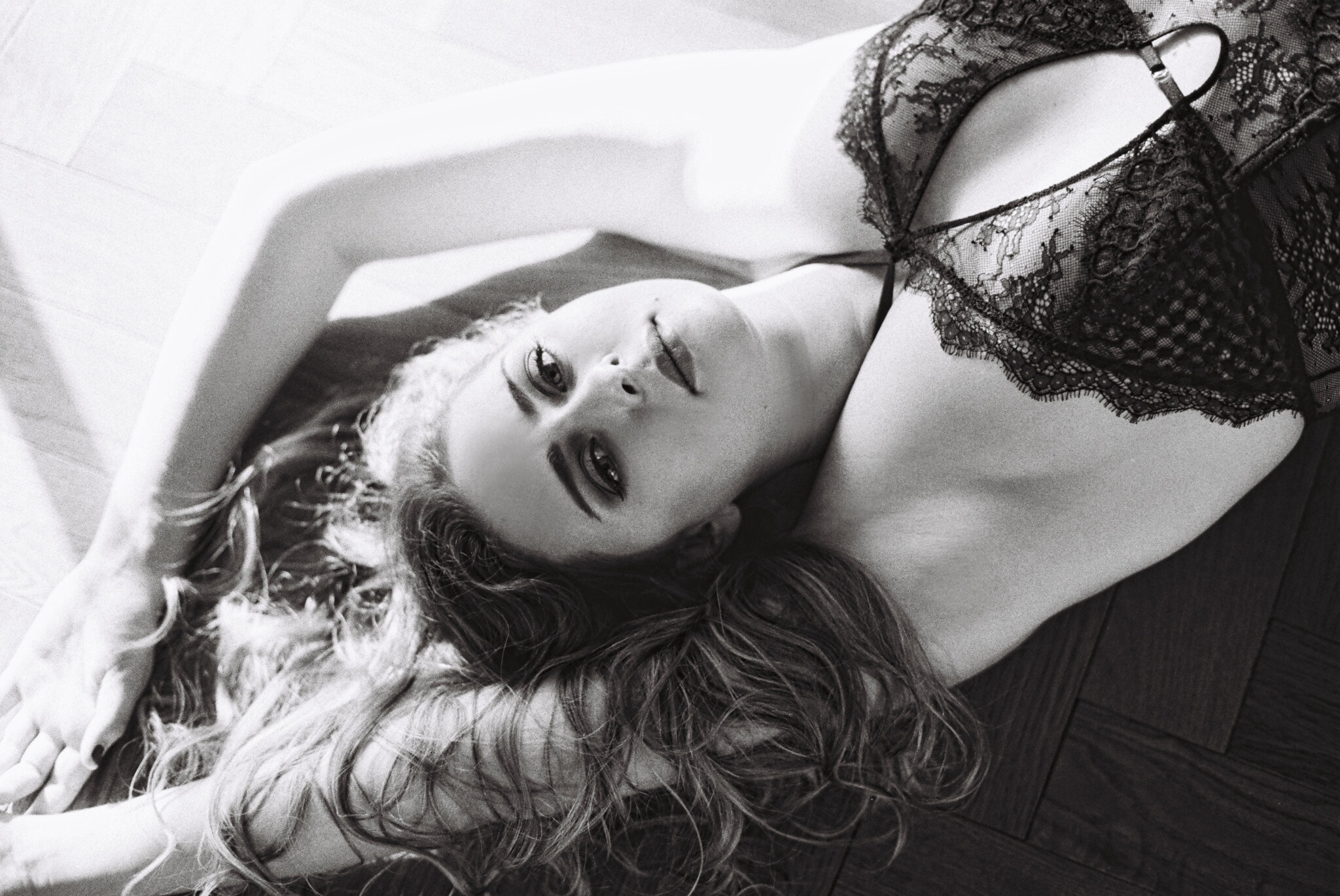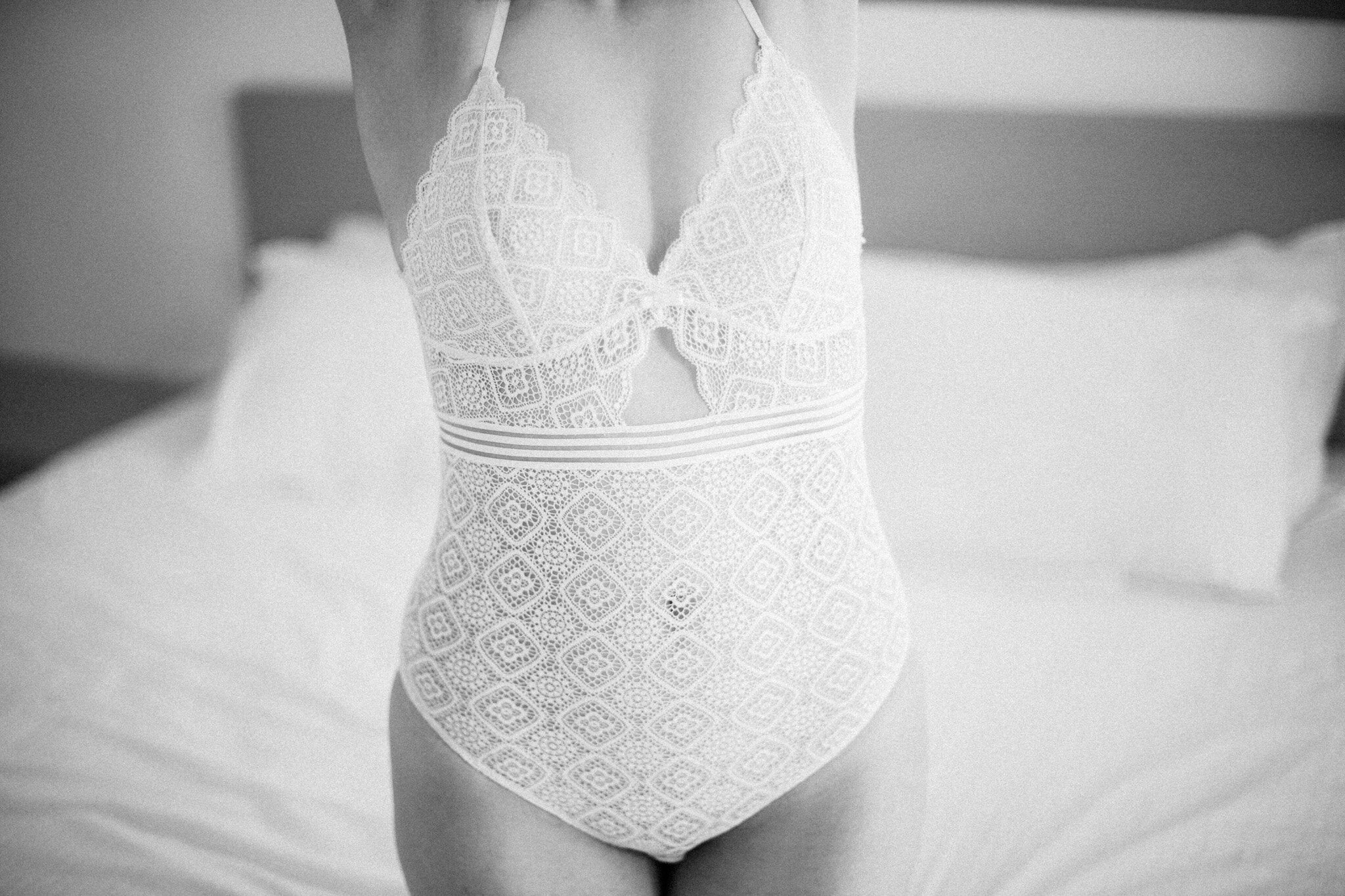Rebecca: Before we go into your story, why is the awareness of sexual assault important to you personally?
Anonymous: I love anything that brings awareness to things that impact so many people. You don’t even realize how many people this impacts. You’ll read things or see memes that say “Someone you know might be struggling with this.” But really, it’s someone you know.
Rebecca: Right. 1 out of every 5 women have or will be raped. 1 out of every 3 experienced some form of sexual assault. And virtually every woman has been sexually harassed. It’s staggering.
Anonymous: And the statistics are underreported. I’m only very recently speaking about it at all. Even for me, only my family knows and one friend.
I feel that there are so many situations that come up where I wish I could explain why I’m telling you what I’m telling you. For women who have been through it, it’s important that they know there are people who understand what they’re going through. It’s also important to prevent this for our kids and for the people we know who are not yet a statistic, from becoming that. The more we talk about it and are aware of how much a reality it is, the more of a chance we have at lowering those numbers.
Rebecca: I completely agree with you. So I guess it’s twofold. It’s important so women don’t feel alone in their struggle and for prevention.
Are you open to sharing your story? Of course, only to whichever extent you feel comfortable.
Anonymous: Yeah...yeah. I was assaulted the first time… assaulted, I’ve actually never used that word.
Rebecca: Which word do you use?
Anonymous: I don’t really. It’s kind of like an experience. Maybe sexually abused. Assault feels very violent, and for me, it wasn’t ever violent.
The first time, I must’ve been around 5 years old. I don’t have a clear timeline, which I realized once I went to therapy. I guess my coping mechanism was to block out a lot of it. I was around 5. And it ended when I was 11. It was ongoing. It was more than one person. And then it ended. I never spoke about it. To anybody. It was never something that came up…
Rebecca: Was it someone that you knew personally or someone in your family?
Anonymous: Yep. Both. One was a family member and one was a close family friend.
Rebecca: Was it a related incident or two separate ones?
Anonymous: No. But statistics show once someone is abused once, the chances of them being abused again are that much higher. I’m not exactly sure why that is, but that’s what happened to me.
I don’t even know if there was overlap. My timeline is so fuzzy.
Rebecca: Of course. It makes sense that you would block it out or not remember things.
Anonymous: I have the incidents and I have pieces of it. But I couldn’t tell you exactly when. I never spoke about it. I kind of connected some of my behaviors, but I never felt like a victim. It just wasn’t a part of my life moving forward in a way that was conscious to me.
I never felt like it was something I needed to talk about. The stories you hear about self-sabotaging behaviors wasn’t how it manifested for me.
I didn’t come up until I was dating my husband. I can’t even remember why I felt like I needed to tell him. I don’t even remember how it came up. I remember where I was sitting when I told him. It just kind of felt like the right time to say something and I told him.
I didn’t want to do anything with it. He was like, “Why haven’t you spoken to anyone?” The family member who abused me was always around, and he was like, “If you tell them, then he won’t be there.” I just couldn’t do it. I didn’t feel like there was a reason to. It happened. It was a part of my life. It’s over. I’m done.
I kinda left it at that.
It came up at different family events when he was there. I had to go through my own stuff. But when my son was a baby we were at my parents’ house. I found out they were sending pictures of my family to him. Then I lost it. I had to explain why I didn’t want pictures being sent to this relative. The whole story kind of came out at that point.
Then I started going to therapy. Even then I just wanted to move on.
Rebecca: So what pushed you to go to therapy at that point?
Anonymous: My family was like, you gotta deal with this. It was interesting because at some point both my parents were like, “That makes so much sense. All these things that we couldn’t figure out, now we get it.”
Rebecca: How did your parents feel about everything?
Anonymous: They were really sad. They were great and supportive. I couldn’t have asked for a better response than what I got from them. It was really a gift.
And then I started the process of therapy. Obviously, there was a lot more to uncover than I thought there was. I’ve been in and out since then. It’s been 4 years.
Rebecca: Wow. What kind of therapy did you do?
Anonymous: I went to a trauma therapist. She’s wonderful. She works primarily with somatic experiencing. It’s an approach to trauma by using your body. Being in touch with where your body holds your different emotions and experiences. So I didn’t have to say anything I didn’t want to say.
She uses other techniques, also, which I think is important with therapy.
Rebecca: Did the abuse you experienced affect your body image and self-esteem?
Anonymous: So it wasn’t body image, it wasn’t self-esteem. I always had a decent relationship with my body, it wasn’t anything special. But I was like, “We’re ok.” I did think my body was here for other people, and that came out in my relationships throughout.
I never saw my body how I was experiencing myself in the world. Pleasure was not even on the radar. During intimacy, I thought, “I’ll wait it out. It’ll be over when it’s over, and it’s fine.”
I can only say all this now in retrospect. My body image shifted when I got married and I saw my body’s purpose as creating life, carrying a baby, nursing, it was a lot of that. There was a disconnect. It was my body, but it wasn’t mine. That’s an ongoing thing for me.
Rebecca: I am so sorry you went through all of that. When you say, “I didn’t feel like a victim,” I really feel that. The way you talk about your story doesn’t seem so emotional, which might be your way of dealing with this whole experience. Is that right?
Anonymous: Yes, I don’t know how healthy it is, but it is definitely my way of coping. I did have to go through what almost felt like guilt for the ways it affected me. I thought the abuse wasn’t “so bad,” and I thought I shouldn’t be so affected by it. It took going to therapy for me to process that. I put it into perspective and thought, “Well, you can say that for yourself, but can you say that for your daughter?” When I could see it through that lens, I was able to understand it better.
Compartmentalizing is the way I’ve survived for so long. It’s hard to shake it and let myself go to that emotional place outside of therapy.
Rebecca: I completely get that. It makes a lot of sense. You are so strong and resilient.
Ok, so shifting gears a little bit, when did you think about doing a boudoir session? Was that after going to therapy?
Anonymous: I’ve been following your work forever. Since you started photography, and I just think you’re so talented and artistic. I loved seeing all the different women. I thought it was so beautiful and incredible.
It took me really going to therapy to feel like I could do a session myself.
I had a very clear awareness in my marriage of needing to not feel like “just a body.”
Rebecca: Like not just a sex object?
Anonymous: Right. When I was single, that’s what I thought I was. But when you’re in a relationship with someone who sees you for more than that, it’s a very delicate balance. So I thought that even if I did a boudoir session with you, I might not even tell him.
When I went through therapy, I was able to say I have my marriage and it’s not going to just be pictures on a page for him and I thought, “I want to do this.”
Originally the session was for me, and then it evolved as a gift for him as well.
Rebecca: What were your concerns going into the session?
Anonymous: I think the idea of being sexy was strange. I’ve been told I’m cute or pretty. But boudoir is a whole different level. I just didn’t know if I could do it.
I wanted it to be me. I wanted to recognize myself. I wasn’t sure how I would balance all of it or what to do with it.
Rebecca: It seems like you went through an emotional journey, and you intuitively knew when you were ready for a session. What advice would you give to other people who have experienced sexual abuse and want to do a boudoir session?
Anonymous: Just roll with it. Don’t feel pressured to do it now. It has to be completely for yourself. You’ll feel it when you’re ready. Especially for women who have gone through some type of therapeutic process and know how things affect them. But even if not, I would say keep looking at the pictures. Keep appreciating how beautiful and powerful women are. Read Rebecca’s blog. Keep that in the forefront of your mind, without pressure or expectation. Feel it out for yourself and wait until you internalize it enough that you feel ready. If you’re not sure if you’re ready, you’re probably not. But don’t give up on it. It’s not impossible or so far away.
Rebecca: Amazing advice! Did something happen that made you feel ready? Did you have a breakthrough?
Anonymous: There were a couple of things that happened where I was forced to face what I believe in and who I am, in life in general. I was at a place where I was recognizing things in myself that I hadn’t been able to before. I appreciated myself as a person, as a human being, the strengths that I have, and things I can accomplish. I’m just not afraid anymore.
Rebecca: Wow, that is so beautiful! So… how did you feel during the session?
Anonymous: Oh my god, it was so fun! It was the best experience. I loved it. I really loved it.
I just felt comfortable, like “I’m supposed to be here.”
Rebecca: This is the next step in your journey.
Anonymous: Yeah! I just felt very connected with myself.
Rebecca: You didn’t feel that “separate” or “compartmentalized” feeling you spoke about before.
Anonymous: That was exactly it. It was very different for me. I had been getting in touch with my body during therapy, but it was separate parts. This was like, “This is all of me, and I’m here.” I was able to be present, and I didn’t think I would be able to do that going into it.
Rebecca: I’m so blown away. I think that being able to be present at any time is an amazing accomplishment. The fact that you were able to do that in a boudoir session is huge.
Anonymous: It was also during Corona, and we kept having to reschedule the shoot. There was a lot of just trying to get through the day, but then you’d think “What am I doing here? What is this life and this world?” I guess we were all kind of in that internal space anyway. It was cool. It was an incredible experience.
Rebecca: It really was so special. Thank you for sharing that. What was your experience when you received the images for the first time?
Anonymous: I was in the middle of a class when I got your email, and I was so excited. When I finally got to go through them, I was blown away. Right away, I looked at them and was focused on whether my mouth was opened or closed. But that was just at first glance. Then when I went through them the second time, I was like “This is amazing.” I’m looking at someone that looks so far off from what that could be me, but also, that’s totally me. Obviously. I saw that right away.
Rebecca: That’s such an interesting experience. I think a lot of women feel the same way. On one hand, people say “I can’t believe it’s me,” but on the other hand, it’s 100% you, you just haven’t seen yourself in that way before.
Were there any perceptions you had about yourself that changed or did you feel differently in your everyday life after the session? Did anything change or shift for you?
Anonymous: So, I’m totally sexy. That was different.
I’m very on guard about what's my body, and what’s me. I realized that it doesn’t have to be that split. It’s not supposed to be. It’s all there all the time. If you let it be, then it will be.
Rebecca: If you let it be, then it will be. Beautiful.
So this whole time, you didn’t tell your husband. That is incredible.
Anonymous: Yes! I actually gave it to him on the day of his birthday.
Rebecca: What was his reaction?
Anonymous: He thought it was going to be pictures of the kids because I never print anything, and I’ve been saying I was going to make albums for so long. He was expecting the kids.
He opened it up. And it wasn’t the kids. He was like, “Oh my god! What is this?” as he turned the pages. Then he went through it again. He knows everything I’ve gone through, so it was really intense. He really appreciated it.
Rebecca: And little did he know, you’ve been keeping it a secret for months and months!
So what are you taking away from this experience? Obviously, that you’re sexy. We know that.
Anonymous: For me, this was a personal thing in terms of my own self-perception. But on a larger scale, we talk about how strong and capable women are. Yet societally there’s a divide between the things we’re capable of and how strong we are and then our bodies are seen separately. We haven’t found that balance of bringing it all together. It’s one or the other. When we address both parts it’s usually about childbirth. But there’s so much more to us than that. It can’t be the only time we’re seen as body and soul. We are all of those things all the time.
Rebecca: I love that this is the theme of your inner work. That integration.
Anonymous: Integration. That’s the world I haven’t been able to find this whole interview. Yeah, I think that’s really important.
Going back to sexual assault, if we could see ourselves that way from the beginning and raise our daughters to see themselves as both body and soul, not either-or, I think that would go a long way. Even if we can’t prevent everything, because you never know what’s going to happen, it will help in terms of how women come back from these experiences.
Rebecca: I completely agree with you. I’ve heard some feminist thinkers say that we shouldn’t be focused on appearances, so we should avoid calling our daughters beautiful, but I think that can be really harmful too. We are both body and soul, and that should be seen and appreciated and loved.
Question for you. Do you feel proud of yourself?
Anonymous: Yeah. I do. The fact that I did this, the way it came out, how comfortable I was doing it.
Rebecca: Just a few years ago, you couldn’t have even imagined yourself doing a boudoir session.
Anonymous: No. I never would’ve done it a few years ago. It wouldn’t have occurred to me as something I could even think about doing. There was just such a huge disconnect, and it took time for me to come back around to that. I’m glad that I did.
With this boudoir session, it was like saying, “Here’s all of me.”
The way we view ourselves versus the way the people who love us see us can be really different.
Rebecca: I’m speechless. Wow.
Is there any last message that you’d want to give to survivors?
Anonymous: The awareness around sexual abuse is important. I could totally be projecting, I’m not sure if other women feel this way, but your experience is your own. Whatever it was for you or how you felt about it or what it did to your relationship with your body or with yourself, it’s yours and that’s ok. There’s no way it’s supposed to be. There’s no process you have to go through or things you have to feel or a timeline. It’s completely your own. You have to give yourself space for love and compassion and healing.





































































